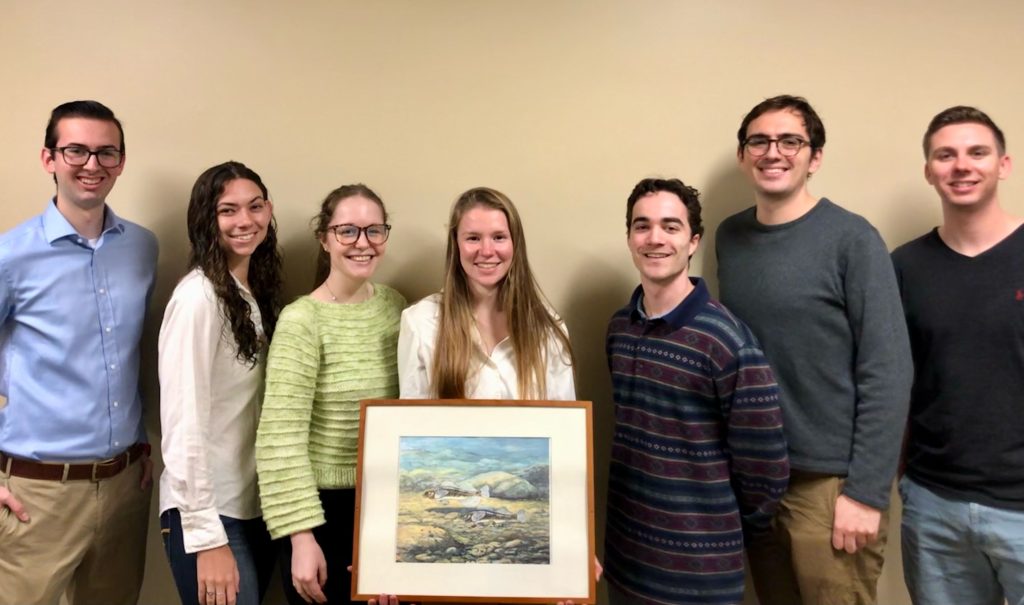In the 1970s, a young environmental lawyer took on a Tennessee dam project in an effort to save a tiny fish facing extinction. Against the odds, he steered the case to the US Supreme Court and won, though it was not a slam dunk. The full story of this David and Goliath undertaking grew complicated over time.
Nevertheless, 44 years after the Court ruled in favor of protecting the snail darter, Zygmunt Plater, a professor at Boston College Law School since 1981, achieved some closure on the fish’s status.
In 2019, he had petitioned the Department of the Interior to recognize that the little fish was no longer endangered with extinction, but also asked that certain protections remain. He did so out of concern that extinction removal with protections would be preferable should the then-Administration follow through on its intention to remove all endangered species protections, regardless of extinction status.
On October 4, that threat averted, the Department of the Interior granted Plater’s petition, declared the fish recovered, and removed it from the endangered species list.
In announcing the decision, Secretary Deb Haaland called the recovery “a remarkable conservation milestone that tells a story about how controversy and polarization can evolve into cooperation and a big conservation success.” According to the DOI’s news release, efforts since the 1990s by the TVA kept hope alive for the snail darter’s survival.
The controversy and polarization Secretary Haaland referred to has to do with the political controversy that followed the Court’s decision. Although Plater subsequently won a unanimous economic verdict against the Tellico Dam, federal construction agencies and foes of federal regulation in Congress ultimately passed an exemption from the Endangered Species Act that enabled its construction. Government conservationists, meanwhile, collected and transplanted the snail darters from the Little Tennessee River to alternative potential habitats, three of which were successful.
Plater explained that, in addition to improved water quality, the snail darter’s recovery is based upon TVA’s species-support regimen of infiltrating oxygen into the dam releases above the big-river locations, and pulsing dam releases at critical times in order to clear spawning gravels of silt. “Species survival depends upon TVA’s diligent and sustained implementation of those human supports, despite the resulting losses of power revenue,” he added.
Plater captured many of these fish versus dam details in The Snail Darter and the Dam (Yale University Press, 2014), aptly dubbed “the story of a small endangered fish’s travels through the corridors of American Power.”
But today he also signals that environmentalists must remain vigilant. “We’re satisfied that there are now three large, established, big-river populations, upon which it’s scientifically necessary to rely for survival of the darter,” he said. “The several small creek transplants and discovered darter populations are not secure. If we don’t do it right, extinction is forever.”
The snail darter epic is but one contribution Plater has made to the study and practice of environmental justice. A pioneering educator in the movement, he also led the legal team investigating the 1989 Exxon Valdez oil spill and co-authored (with BC Law’s David Wirth, among others) Environmental Policy: Nature, Law and Society, the first casebook with a unit on environmental justice, now in its fifth edition.
An article in BC Law Magazine earlier this year noted Plater’s decades of success encouraging aspiring lawyers to take up environmental causes. He has engaged scores of students in his work, most recently a cohort of seven who helped prepare the petition to the Department of the Interior. “I pull students in on every public interest project I take on,” he said.



